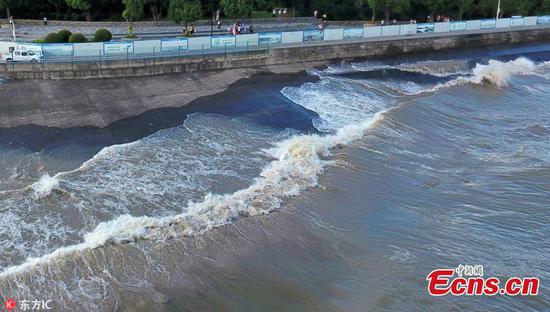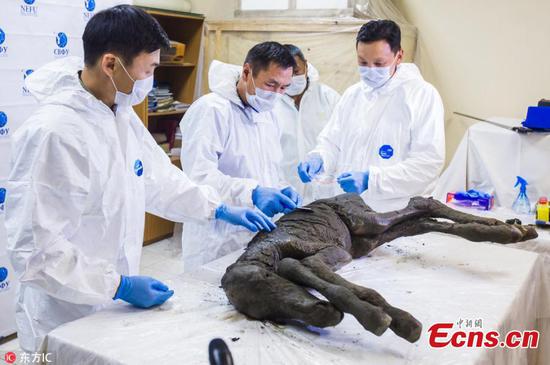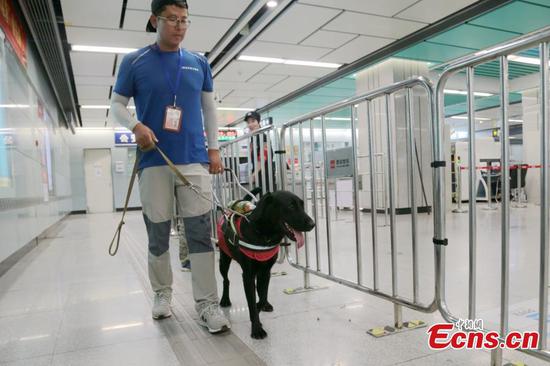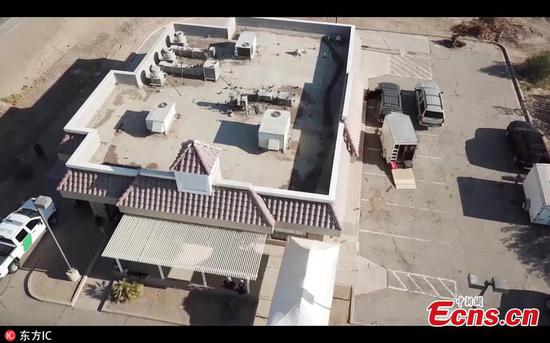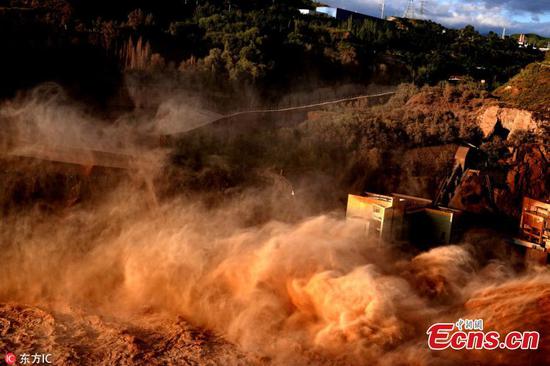Chinese lawmakers on Wednesday voiced their support for a draft amendment to the Criminal Procedure Law during panel discussions at the ongoing session of the National People's Congress (NPC) Standing Committee.
According to the draft amendment, a default judgment can be applied to not only corruption-related criminal cases, and also serious cases endangering state security and terrorist activities that have been examined and approved by the Supreme People's Procuratorate (SPP) and need to be judged timely.
"The draft amendment further clarifies that a default judgment can be applied to cases involving the three types of crime, which makes it more specific," said Tan Yaozong, a legislator, during the discussion.
"I agreed with the amendment that requires the default judgment to be 'approved by the SPP,' which can avoid abuse by judicial authorities at lower levels," said Xian Tieke, a lawmaker, who suggested making full use of default judgment to prevent suspects from escaping by fleeing overseas.
The court can adjudicate the case by default, if the defendant fails to appear while the evidence is sufficient and concrete, according to the draft amendment.
Default judgment was initially raised in a draft amendment to the Criminal Procedure Law submitted to the top legislature for the first reading in April this year. The prior draft amendment only stated that a default judgment can be applied to corruption-related criminal cases, without specifying other crimes.
















